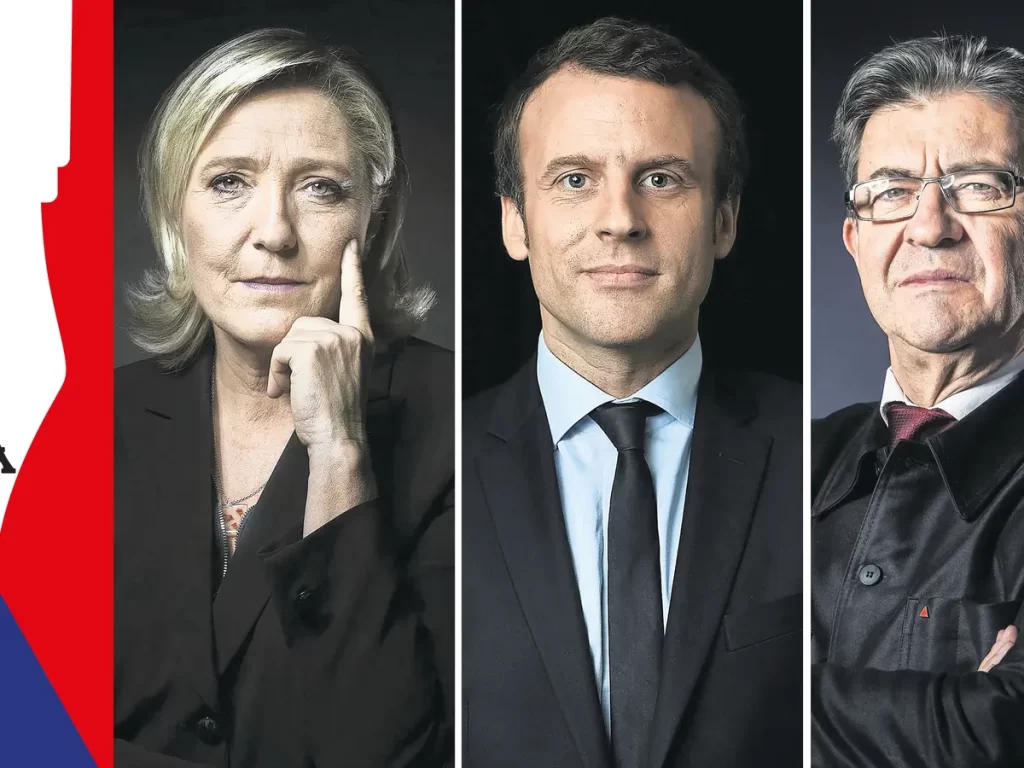Battle of the Dirigistes
In France, the far Left and far Right are divided by their attitudes on immigration and national identity, but on economic matters they are not terribly far apart.

by Theodore Dalrymple
The French parliamentary elections have left President Emmanuel Macron not merely without a ruling majority, but with a Parliament splintered into so many groups that some commentators say that the country has become “ungovernable,” as it was under the Fourth Republic until Charles de Gaulle established the Fifth.
Ungovernable is a strong word: the elections took place under great calm, even if it were only the calm of apathy. Not even the administration of a country is coterminous with its government. (Belgium went 500 days without a central government, and nothing much changed there.) Life goes on while politicians haggle.
In the elections’ first round, the president’s party, which eventually won the most seats in Parliament but not a majority, managed to garner a magnificent 12 percent of electorate’s votes (52 percent of it abstained altogether from voting). Of that 12 percent, a good proportion voted against the other parties rather than from any liking for Macron or his party. This is not a firm base of popular legitimacy from which to launch the far-reaching reforms, including of the pension system, that the president deems necessary.
Macron would have a parliamentary majority if he formed a coalition with the traditional party of the center–right, Les Républicains, since—apart from personal ambition—there is not much that divides them. But in politics, political ambition is an important factor. I remember how Ernest Bevin, a prominent member of Britain’s postwar Labour Government, replied when someone said to him that Aneurin Bevan, another prominent member of that same government, was his own worst enemy: “Not while I’m alive, he ain’t.” Voilà—political life in a nutshell.
The far Right and far Left did well in the election, insofar as anyone can be said to have done well in a second round of voting with 54 percent abstention. In France, the extremes are separated by their attitudes on immigration and national identity, but on economic matters they are not terribly far apart. They are both extremely dirigiste.
The coalition of the Left, led for the duration of the election season by Jean-Luc Mélenchon and now the second-largest group in Parliament, is itself formed of disparate groups that began squabbling the moment the election was over. Mélenchon is a demagogue who sometimes (depending on his audience) dresses up in proletarian fancy dress, of a kind never worn by a real worker, as Communist leaders used to do.
The far Left was particularly popular among young voters, which is both worrying and depressing, though perhaps not altogether surprising, given the real difficulties that many young people now face. The young voters were probably the more educated among their cohort, which confirms what is already well known: that education does not confer political wisdom.
Mélenchon’s economic policy is to tame inflation by price controls, raise the minimum wage, increase minimum pensions, cut working hours, and reduce the retirement age to 60, while increasing government expenditure by more than a quarter of a trillion dollars—to be paid for by taxing the rich, always a popular policy among those experiencing economic difficulties. A vocal Chavista, Mélenchon has no compunction in calling contemporary France a hell.
The fact is, however, that his economic recipe has nothing to with the present difficult circumstances, caused as they are by past improvidence: Mélenchon would present it whatever the condition of the country. It is a recipe that never ceases to attract, no matter how many times it leads to disaster. This time it will be different, he believes.
First published in City Journal.